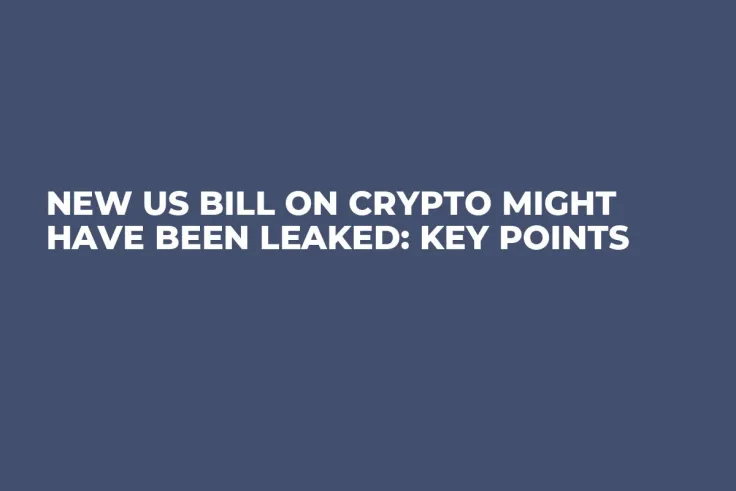
Seasoned cryptocurrency analyst Adam Cochran, founder of Cinneamhain Ventures firm and Yearn.Finance contributor, reviewed the document said it seems to be a draft of an upcoming U.S. bill on digital assets.
Regulation for DAOs, uncertainty for DeFi
Mr. Cochran has taken to Twitter to share a thread on what new regulations will bring to the cryptocurrencies segment. First of all, it requires all decentralized autonomous entities to either register or be personally taxable.
1/12
Wow, so first read some good stuff that moves us forward, but a lot of rough stuff.
Overall this gives US crypto clarity but it will have a huge cost and growing pains.
Here's what I noticed in the first read. https://t.co/Cb1TM0DVJs?from=article-links— Adam Cochran (adamscochran.eth) (@adamscochran) June 7, 2022
Also, many assets would be regulated by CFTC as commodities. Every platform designed to faciliatate assets conversion will be regulated as a cryptocurrency exchange.
In this regard, the status of AMM-powered protocols, noncustodial exchanges and other DeFi protocols remains unclear. However, it will be much more difficult for them to stay anonymous.
The overall level of regulatory scrutiny increases which, on the one hand, will increase compliance costs, but it will also put an end to insider trading and listing scams.
Cui bono
The proposed regulation will significantly advance the power of regulators to control and regulate the activity of market participants in terms of requirements and penalties.
Depositary institutions will be allowed to issue their own stablecoins while every change to a crypto product's codebase will be subject to Terms of Service changes.
All in all, the project is a great step forward in terms of regulatory clarity. However, it would make the crypto landscape more whale dominated:
If it passed in this form its good *LONG* term for big entities, super painful near term for 99% of crypto.
As covered by U.Today previousy, New York State might ban proof-of-work operations this month; industry representatives harshly oppose this idea.
 Dan Burgin
Dan Burgin Tomiwabold Olajide
Tomiwabold Olajide Godfrey Benjamin
Godfrey Benjamin Caroline Amosun
Caroline Amosun